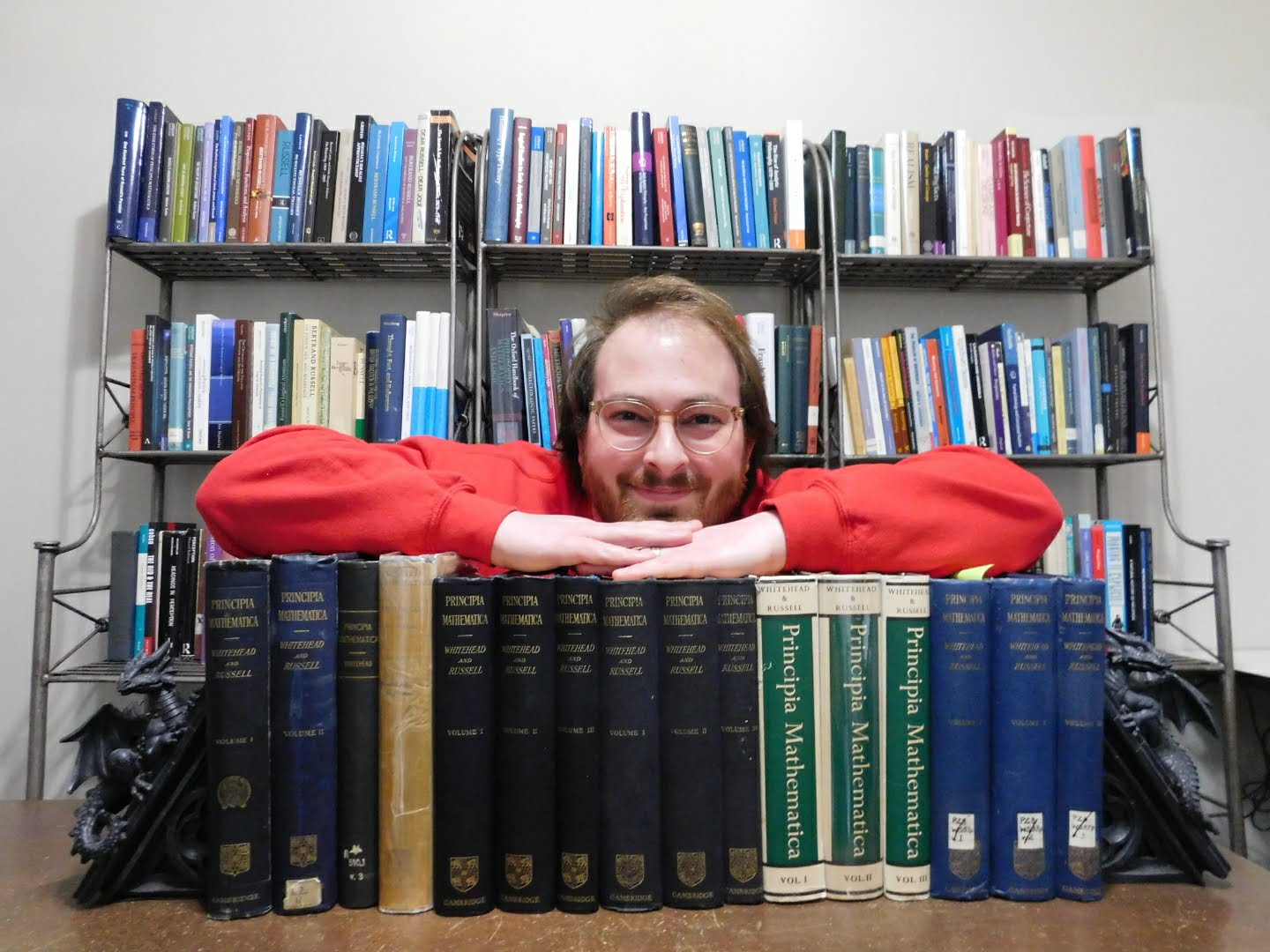Digging in a Library Basement (Pt. 1)
Published:
In summer 2017, I was awarded a T. Anne Cleary International Dissertation Research Fellowship to travel to the Bertrand Russell Archives at McMaster University. My dissertation focuses on Russell’s philosophy of logical atomism. So visiting the Archive was a real treat, and truly helpful in getting a more complete picture of Russell’s logical atomism. I am grateful to the University of Iowa Graduate College for their generous support of my first archival adventure! In this series of three posts, I will give an overview of my trip, talk about what it was like to work in the Russell Archives, and then discuss the historical data I found that aided my research.
